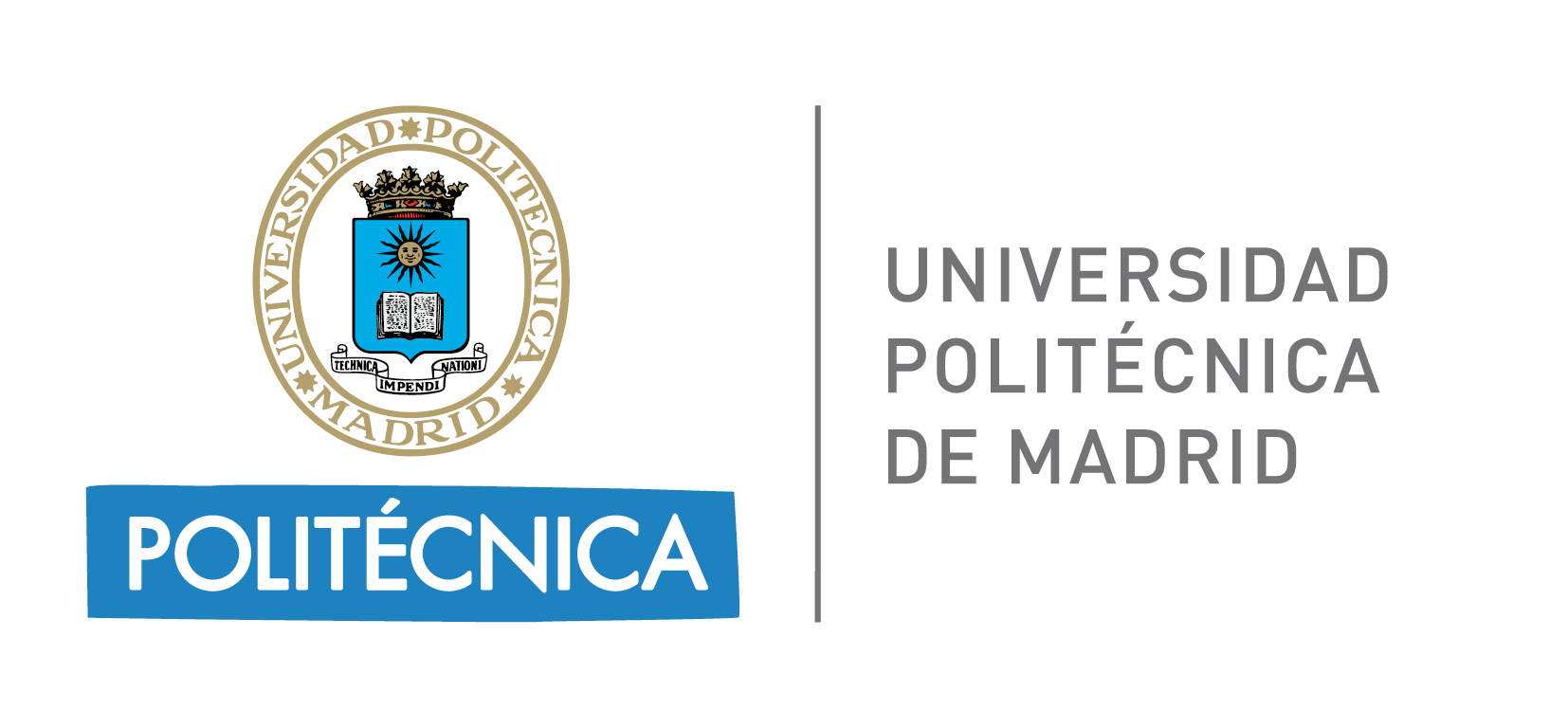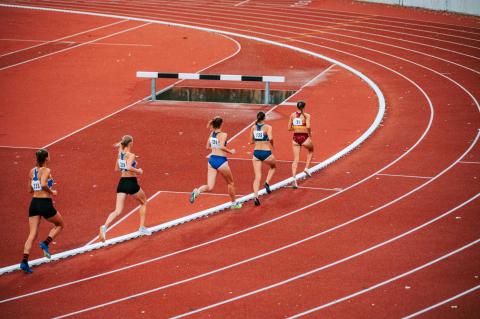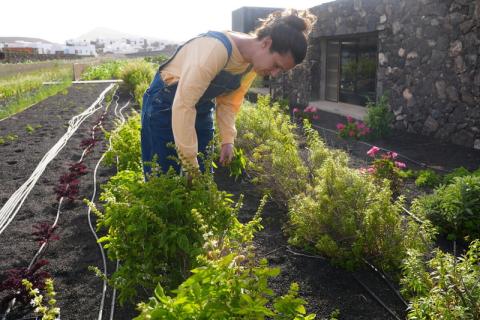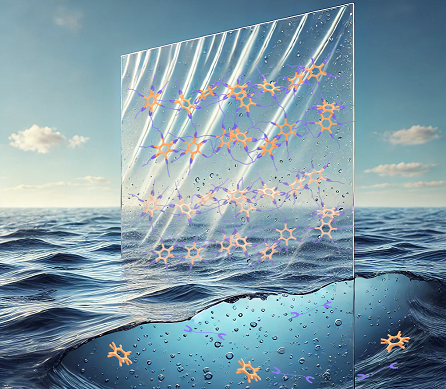
Polytechnic University of Madrid
If you are the contact person for this centre and you wish to make any changes, please contact us.
Professor of Ecology and Soil Science at the Polytechnic University of Madrid (UPM)
Assistant lecturer and researcher at the Department of Agricultural Production
Higher Technical School of Agricultural Engineering and Biosciences
Researcher at the Research Centre for the Management of Agricultural and Environmental Risks (CEIGRAM)
Full professor at the Polytechnic University of Madrid in the Faculty of Physical Activity and Sport Sciences – INEF
Professor in the Department of Mathematics Applied to ICT at the ETSI de Telecomunicación of the Polytechnic University of Madrid
Director of the GESPLAN research group at the Polytechnic University of Madrid
Researcher at the Department of Industrial Chemical Engineering and the Environment of the School of Industrial Engineering.
Lecturer in the Department of Environmental Technologies at the Polytechnic University of Madrid (UPM)
President of the Confederation of Spanish Scientific Societies (COSCE) and emeritus professor at the Polytechnic University of Madrid
Professor of Artificial Intelligence and Director of the Biomedical Informatics Group at the Universidad Politécnica de Madrid, Fellow of the American College of Medical Informatics (ACMI) and the International Academy of Health Sciences Informatics (IAHSI), and Corresponding Member of the Royal National Academy of Medicine of Spain

The inclusion of transgender women in women's sports categories is a controversial decision. To compare body composition and physical fitness between transgender and cisgender women, a team from Brazil has conducted a meta-analysis encompassing 52 studies and 6,485 individuals, analysing these values before and after gender-affirming hormone therapy. Although trans women showed greater lean mass—an indicator of muscle mass—there were no significant differences in upper or lower body strength, nor in maximum oxygen consumption, compared to cis women one to three years after hormone therapy. ‘The current evidence is, for the most part, of low certainty and heterogeneous quality, but it does not support theories about the inherent athletic advantages of trans women over cis women,’ say the authors of the study, published in the British Journal of Sports Medicine.

The General Assembly of the United Nations has declared 2026 as the International Year of the Woman Farmer. This initiative aims to ‘raise awareness and focus policy attention on the obstacles and challenges faced by women and girls in agriculture,’ as well as to promote actions to address these issues. But what are these obstacles? We answer questions about the situation of women farmers with data and expert sources.

Forests cover approximately 40% of Europe's land area. Between 1990 and 2022, they absorbed around 10% of the continent's emissions from human activity, but this process is slowing down. An international team, including CREAF and CSIC, analyzes this decline and its causes in an article and proposes possible solutions. The work is published in the journal Nature.

UNESCO has proclaimed 2025 as the International Year of Quantum Science and Technology. This initiative aims to ‘raise public awareness of the importance of quantum science and its applications’, as well as to celebrate and recognise 100 years since the initial development of quantum mechanics. But why is this scientific discipline so relevant? We explore with experts the key issues and the impact of quantum science and technology on the development of our society.

A study published today in Science reveals a new plastic as durable as conventional plastics that decomposes in seawater. According to the authors, this new material could help reduce microplastic pollution accumulating in the oceans and eventually entering the food chain.

Exposure to agrochemicals, even in doses too low to kill insects, causes significant damage to their behavior, development and reproduction, which is aggravated when the temperature rises, according to a study published in Science. The research analyzes the effects of 1,024 molecules - insecticides, herbicides, fungicides, plant growth inhibitors - on the fruit fly Drosophila melanogaster and on other insects.

The Royal Swedish Academy of Sciences has awarded the Nobel Prize in Physics 2024 to researchers John J. Hopfield and Geoffrey E. Hinton for discovering the foundations that enable machine learning with artificial neural networks. Hinton for discovering the foundational basis that enables machine learning with artificial neural networks. This technology, inspired by the structure of the brain, is behind what we now call ‘artificial intelligence’.

A study has compared data from 2,100 accidents involving autonomous vehicles and just over 35,000 accidents involving human-driven vehicles between 2016 and 2022, mainly in California (US). Their findings are that autonomous vehicles are safer in many driving situations, but suffer more accidents in situations such as turning times or during dawn and dusk. The results are published in the journal Nature Communications.

[This article has been retracted by Nature on December 3, 2025]. The global economy could lose, on average, 19% of income by 2049 due to increased carbon emissions over the past four decades, says an analysis published in Nature. To estimate the future economic damages of climate change, the authors used temperature and precipitation data for 1,600 regions worldwide in the past 40 years. Low-income countries will be more affected by these losses than higher-income countries, the authors warn.

Research published in Nature shows that the Eurasian ice sheet may have retreated up to 600 metres a day on the Norwegian continental shelf during the last deglaciation at the end of the last Ice Age, around 20,000 years ago. This would indicate that retreat rates in this region may have far exceeded previous estimates and would be much greater than any observed from satellites. According to the authors, the research "is a warning from the past about the rate at which ice sheets are physically capable of retreating".